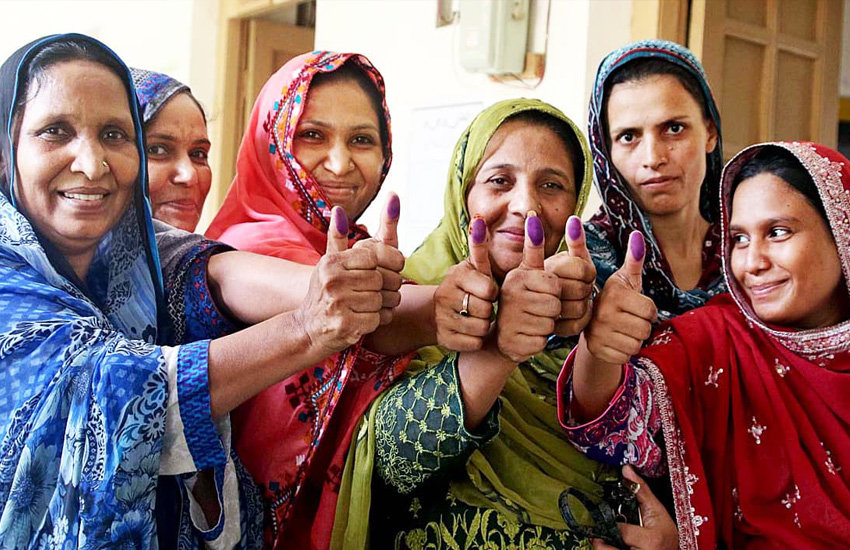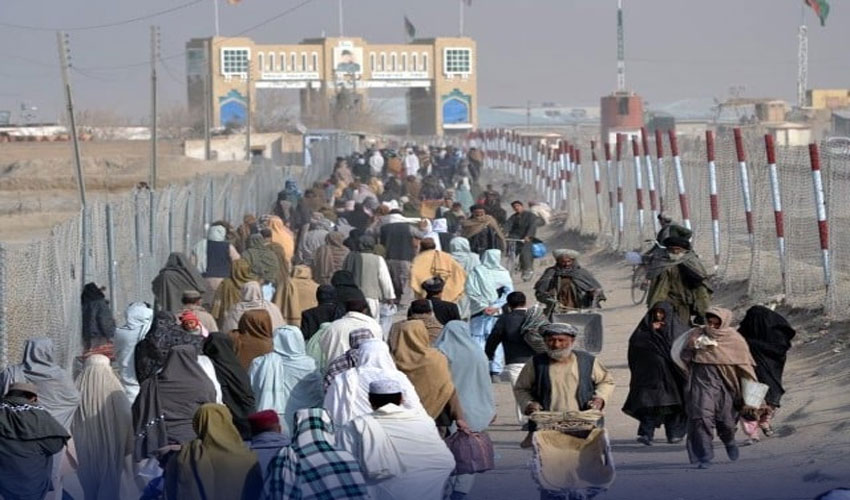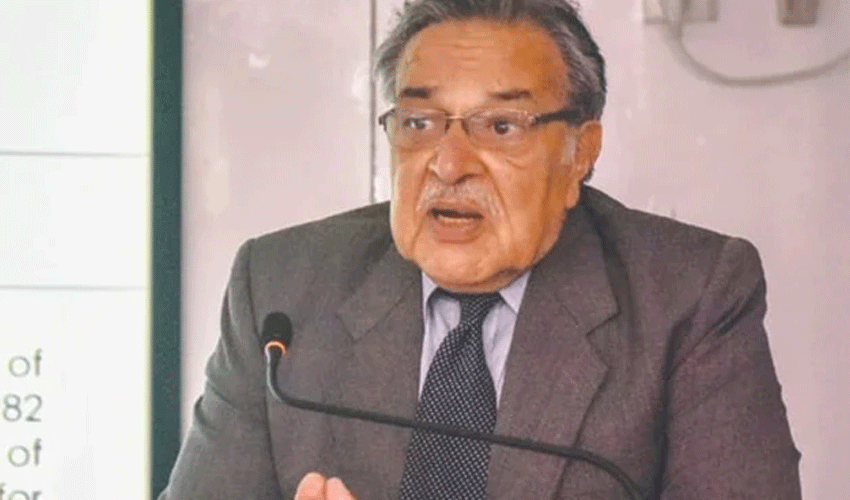As the electoral gears turn for the upcoming general elections on February 8, 2024, the Election Commission of Pakistan (ECP) has unveiled staggering data indicating the participation of over 128.5 million registered voters.
This massive electorate, comprising 69,263,704 males and 59,322,056 females, will play a pivotal role in determining the fortunes of 175 political parties vying for various seats.
Nomination process commences
Meanwhile, the electoral landscape has intensified as the Returning Officers (ROs), appointed by the ECP, issued a public notice for the submission of nomination papers for seats in the national and provincial assemblies.
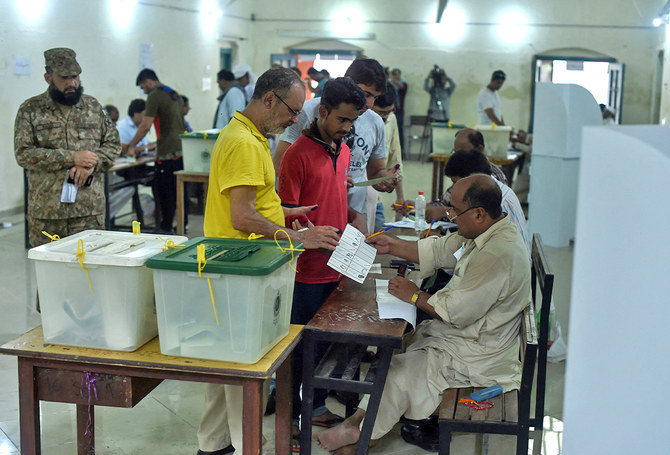
Chief Secretary of Khyber Pakhtunkhwa Nadeem Aslam Chaudhry assured District Returning Officers (DROs) of unwavering support for conducting free, fair, and transparent elections in the province.
Election schedule - Key dates to remember
The ECP has outlined a comprehensive schedule for the 2024 general elections. Candidates can file their nomination papers from December 20 to 22, 2023.
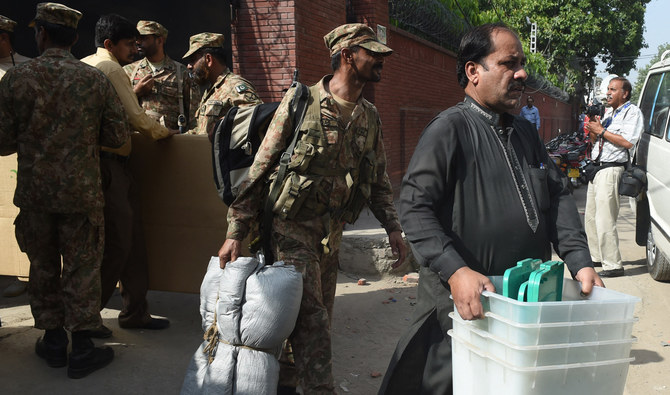
The names of nominated candidates will be published on December 23. Scrutiny of nomination papers will take place from December 24 to 30, with a window for appealing RO decisions. The Appellate Tribunal will decide on appeals by January 03, 2024, followed by a final decision on January 10.
Accessibility for voters with disabilities
Chief Secretary Nadeem Aslam Chaudhry emphasized the importance of unity among people and government departments for the upcoming elections.
He directed authorities to ensure the accessibility of polling stations for voters with disabilities, underscoring the significance of everyone exercising their right to vote on February 8, 2024.
Guidelines and criteria for candidates
The ECP has issued guidelines for candidates filing nomination papers, setting the fee for obtaining a nomination paper at Rs10. Candidates can submit a maximum of five nomination papers.
The non-refundable submission fee is Rs30,000 for a national assembly seat and Rs20,000 for a provincial assembly seat. Nomination papers must include attested copies of CNICs, income tax returns, and passports.
The ECP has outlined eligibility criteria for candidates contesting national and provincial assembly seats.
Candidates must be Pakistani citizens, at least 25 years old at the final date of nomination paper filing, and registered voters in the relevant constituency. Special criteria apply to women-reserved seats in the National Assembly and non-Muslim seats.
Political experts anticipate that past performances of political and religious parties, as well as the influence of large communities, will play a significant role in determining the fate of political leaders. As the election season unfolds, the nation eagerly awaits the outcomes that will shape the political landscape for years to come.





